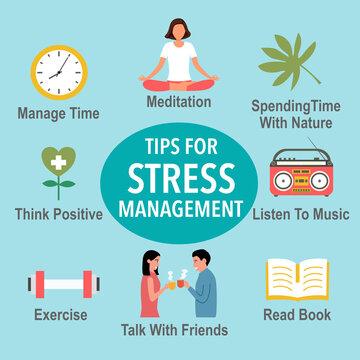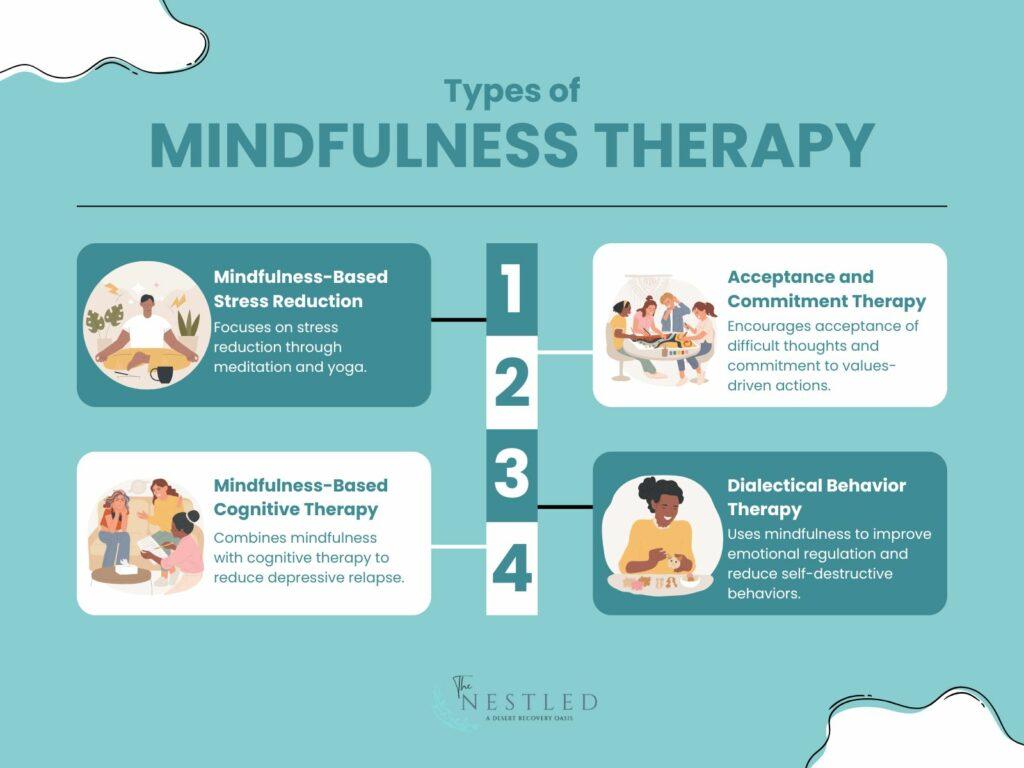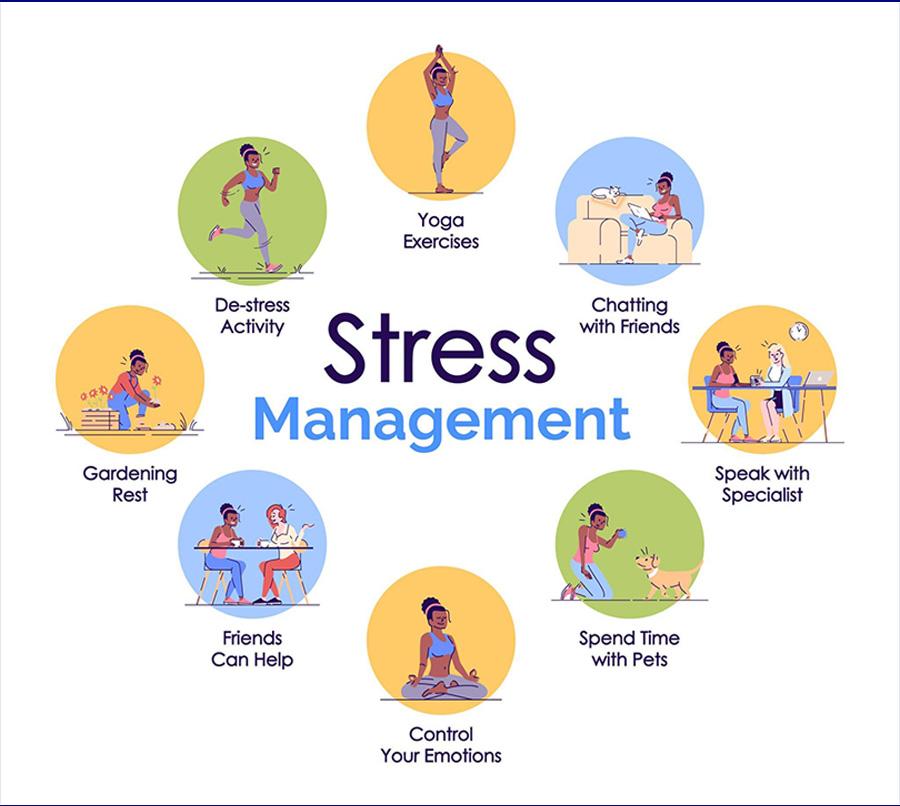In today’s fast-paced world, stress has become an unwelcome companion for many of us. From the demands of work to the complexities of personal relationships, the pressures we face can often feel overwhelming. While some level of stress is a natural part of life, chronic stress can have serious implications for both our mental and physical well-being. The good news is that there are effective stress management techniques that can help us regain control, find balance, and enhance our overall quality of life. In this article, we will explore a variety of practical strategies designed to combat daily stressors, allowing you to cultivate resilience and promote a healthier, more peaceful existence. Whether you’re seeking methods for immediate relief or long-term adaptation, these techniques can empower you to navigate life’s challenges with ease and confidence.
Table of Contents
- Understanding the Nature of Stress and Its Impact on Daily Life
- Cultivating Mindfulness: Practical Strategies for Increased Awareness
- Incorporating Physical Activity as a Key Stress Reliever
- Building a Support System: The Role of Social Connections in Stress Management
- Wrapping Up
Understanding the Nature of Stress and Its Impact on Daily Life

Stress is an inevitable part of life that can stem from various sources, including work deadlines, personal relationships, and financial pressures. It triggers a cascade of physiological responses in the body, commonly referred to as the “fight or flight” response. This can lead to symptoms such as increased heart rate, heightened anxiety, and difficulty concentrating. Over time, chronic stress can contribute to serious health issues such as hypertension, weakened immune response, and mental health disorders. Understanding these implications underscores the necessity for effective strategies to manage stress to maintain a balanced and healthy life.
Recognizing the signs of stress in daily life is crucial for effective management. It’s essential to adopt healthy coping mechanisms rather than falling back on harmful habits such as overeating or substance abuse. Useful techniques include:
- Mindfulness Meditation: Engages the mind in the present, reducing anxiety.
- Physical Activity: Promotes the release of endorphins, improving mood and reducing stress.
- Time Management: Prioritizing tasks can lessen the feeling of being overwhelmed.
- Social Support: Connecting with friends or family can provide emotional relief.
Integrating these practices into a daily routine can significantly alleviate stress levels. For a clearer perspective on the relationship between stressors and their impacts, consider the following table:
| Stressors | Physical Effects | Mental Effects |
|---|---|---|
| Work Pressure | Increased heart rate | Heightened anxiety |
| Financial Worries | Fatigue | Difficulty concentrating |
| Relationships | Muscle tension | Depression |
Cultivating Mindfulness: Practical Strategies for Increased Awareness

Mindfulness is an essential tool in managing stress and enhancing awareness in our daily lives. To incorporate mindfulness effectively, consider the following practical strategies:
- Breath Awareness: Take a few moments each day to focus solely on your breath. Inhale deeply through your nose, hold it for a moment, and exhale slowly through your mouth. This practice anchors you in the present and calms the mind.
- Guided Imagery: Use guided meditations or visualizations to transport your mind to a peaceful place. This technique can reduce anxiety and cultivate a greater sense of calm.
- Mindful Walking: Engage in a walking meditation where you pay attention to the sensation of your feet touching the ground. This can help clear your mind and reconnect with your body.
- Gratitude Journaling: Spend a few minutes each evening jotting down three things you are grateful for. This simple act shifts focus from stressors to positive aspects of life.
Incorporating mindfulness into your daily routine can lead to enhanced emotional resilience and a greater sense of control over stress. Here’s a quick reference table that summarizes the benefits of these practices:
| Mindfulness Practice | Benefits |
|---|---|
| Breath Awareness | Reduces stress, increases focus |
| Guided Imagery | Promotes relaxation, enhances creativity |
| Mindful Walking | Grounds you in the moment, elevates mood |
| Gratitude Journaling | Improves emotional well-being, fosters positivity |
Incorporating Physical Activity as a Key Stress Reliever
Engaging in physical activity serves as an excellent mechanism to alleviate stress. When you exercise, your body releases endorphins, often referred to as “feel-good” hormones, which can significantly elevate your mood and foster a sense of well-being. Activities like walking, running, or practicing yoga can be easily integrated into daily routines, allowing individuals to find a form of exercise that resonates with them. Consider incorporating the following activities into your schedule:
- Brisk Walking: A 30-minute walk can clear your mind and boost your mood.
- Yoga: Enhances flexibility while promoting relaxation through mindful breathing.
- Cycling: A great way to enjoy the outdoors while getting a workout.
- Strength Training: Builds physical strength and releases tension.
Creating a structured routine can maximize the stress-relieving benefits of physical activity. Setting specific goals, such as “30 minutes of activity, five days per week,” provides motivation and a sense of accomplishment. This table outlines some practical tips for establishing a consistent exercise routine:
| Tip | Description |
|---|---|
| Schedule It | Set aside dedicated time in your calendar for physical activity. |
| Find a Buddy | Exercising with a friend can enhance motivation and make it more enjoyable. |
| Mix It Up | Incorporate various exercises to keep the routine exciting and challenging. |
| Listen to Your Body | Pace yourself and recognize when you need rest to avoid burnout. |
Building a Support System: The Role of Social Connections in Stress Management
Having a robust network of social connections can act as a powerful buffer against stress. Engaging with friends, family, or coworkers allows individuals to share their worries and experiences, which can lighten the emotional load. Studies show that simply talking about stressors can reduce feelings of anxiety and increase feelings of support and understanding. Regular interactions—whether through a quick chat, a coffee meeting, or shared activities—foster a sense of belonging, reminding us that we are not alone in our struggles. This companionship encourages resilience, making it easier to navigate life’s challenges.
To build and reinforce these vital connections, consider the following strategies:
- Join Groups: Participate in community events or clubs related to your interests.
- Schedule Regular Meetups: Plan weekly or monthly gatherings with friends or family.
- Volunteer: Helping others can foster new friendships and enhance your sense of purpose.
- Reach Out: Make it a habit to check in on loved ones; a simple text can go a long way.
Furthermore, it’s essential to understand the quality of these connections. Not all relationships are created equal; some might drain your energy rather than uplift it. A supportive social circle should include individuals who contribute positively to your life. Consider the following attributes in your social connections:
| Attribute | Benefit |
|---|---|
| Empathy | Understanding your feelings without judgment. |
| Reliability | Being there during tough times. |
| Supportiveness | Encouraging personal growth and well-being. |
| Positivity | Uplifting your mood and providing motivation. |
By consciously nurturing these relationships, you create a resilient support network that not only alleviates stress but also enriches your daily life.
Wrapping Up
mastering stress management techniques is not just a luxury; it’s a necessity for navigating the complexities of everyday life. By incorporating mindfulness practices, physical activity, healthy communication, and proper time management into your routine, you can take significant steps toward reclaiming your peace of mind. Remember, stress is an inevitable part of life, but how you respond to it can make all the difference. Each of us has the power to cultivate resilience and foster a more balanced existence.
As you embark on your journey toward effective stress management, be patient with yourself. It’s a process, and progress may come in small, gradual steps. Embrace the tools and techniques that resonate with you, and don’t hesitate to seek support when needed—whether through friends, family, or a mental health professional.
By prioritizing your mental and emotional well-being, you not only enhance your quality of life but also pave the way for a brighter, more fulfilling future. Take a deep breath, implement these strategies, and allow yourself to thrive in the midst of life’s challenges. Thank you for joining us in this exploration of stress management—here’s to a more resilient and peaceful you.



